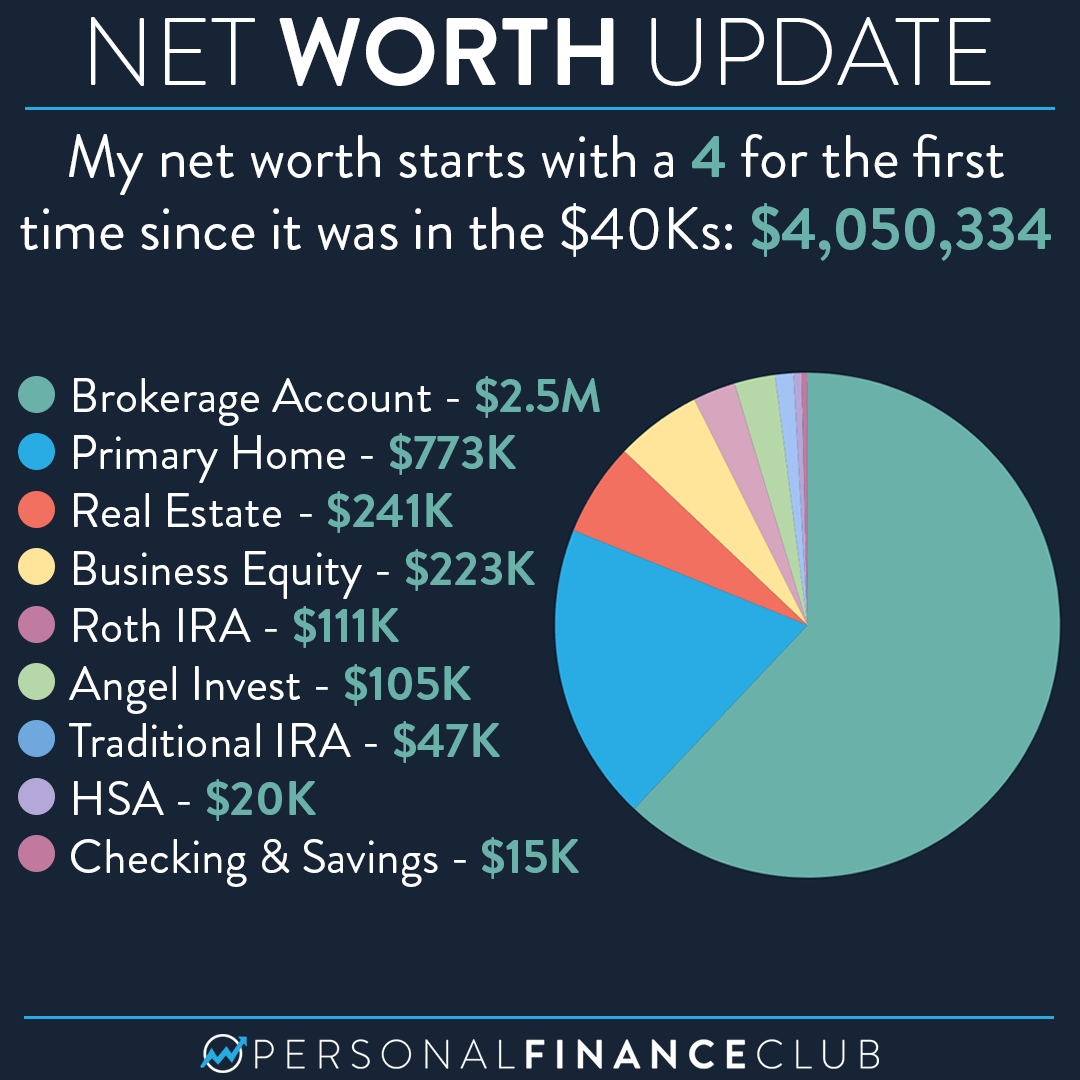It is rather interesting, you know, how often folks find themselves wondering about the financial standing of individuals who have made a name for themselves in the public eye. There's just something about a person's financial situation that captures our collective imagination, isn't there? We often hear whispers and see headlines about how much certain well-known people might have accumulated, and it sparks a genuine curiosity in many of us. This kind of inquiry, in a way, speaks to a broader human fascination with success, influence, and the resources that come with them.
When we talk about someone's personal fortune, especially a figure like Gary Heavin, the conversation often turns to their life’s work, the businesses they might have built, or the ventures they have been a part of. It's not just about a simple number, though that is often what catches the eye first. Instead, it’s really about the journey, the decisions made, and the various paths taken that could lead to such a position. People are often keen to understand the elements that contribute to a person's overall economic picture, whether that involves their holdings, their investments, or even their charitable giving.
This discussion, in some respects, aims to explore the general interest surrounding the financial standing of public figures, using Gary Heavin as a focal point for our thoughts. We won't be sharing specific financial figures here, as that kind of private detail is not something readily available or appropriate to speculate upon without direct, verified sources. Instead, we'll think about why these questions come up, what typically shapes a person's financial outlook, and how the public often perceives the wealth of those in the spotlight. It's a way of looking at the bigger picture behind the popular question of someone's net worth.
Table of Contents
- Who is Gary Heavin?
- Why Do People Talk About Financial Standing?
- How Do We Think About Personal Wealth?
- What Goes Into Someone's Financial Picture?
- Is That Information Always Easy to Find?
- The Public's Interest in Financial Matters
- Considering the Impact of Financial Influence
- What Does Financial Standing Mean for a Public Figure?
Who is Gary Heavin?
When we talk about individuals who have garnered public attention, like Gary Heavin, people often want to know a bit about their background. It’s natural to feel a bit curious about the path someone has walked to reach a certain level of recognition. Typically, this would be the spot where we would share details about a person's early days, their education, and perhaps the very first steps they took in their professional life. We might talk about their family ties, where they grew up, or any particular talents that showed themselves early on. People generally appreciate learning about the formative experiences that shaped a person into who they are today, and how those experiences might have influenced their later achievements.
However, it's important to remember that the specific details about Gary Heavin's personal journey and early life are not something provided in the source material given for this discussion. So, while we can discuss the general elements that make up a public figure's story, we cannot, in this instance, share specific biographical facts about him. This means we will be focusing more on the broader idea of how someone's financial standing becomes a topic of general interest, rather than giving a detailed account of his life story.
Personal Details and Bio Data of Gary Heavin
| Full Name | Gary Heavin |
| Birthplace | Information not available from provided text. |
| Profession/Known For | Information not available from provided text. |
| Key Achievements | Information not available from provided text. |
| Family Information | Information not available from provided text. |
| Public Recognition | Information not available from provided text. |
As you can see, the specific information about Gary Heavin's personal life and career milestones is not something we can pull from the materials we have. This highlights a common aspect of discussing public figures: sometimes, the information people are most curious about is not always openly shared or easily found. It means our conversation about his financial standing will necessarily remain on a more general level, exploring the concepts rather than specific numbers or life events.
Why Do People Talk About Financial Standing?
It's a question that comes up quite a bit, actually: why are so many people interested in how much money someone else has? It seems, in a way, to be a very human thing to do, doesn't it? Perhaps it’s about inspiration, seeing what might be possible if one works hard or makes smart choices. For some, it might be about curiosity regarding the lifestyles that a certain level of wealth allows. There’s also the aspect of comparing oneself to others, whether consciously or not, to get a sense of where one stands in the broader economic picture. This kind of discussion is, quite often, about more than just the numbers themselves; it's about the stories and the implications that come with them.
People might also talk about financial standing because it can sometimes be a measure of success or influence. In many cultures, a person's economic position can be seen as a reflection of their accomplishments or their contribution to a particular field. So, when we hear about someone like Gary Heavin, the conversation around his financial situation might be tied to his perceived impact or achievements. It's almost as if the numbers become a shorthand for a person's journey and their place in the world. This public fascination, you know, is a bit like looking at the tip of an iceberg, with much more lying beneath the surface.
Then there's the element of transparency, or the lack thereof, in financial matters. For public figures, there's often a feeling that their financial situation is part of their public persona, something that should be open to some level of scrutiny. This is especially true if their work or influence touches a lot of people, or if they are involved in ventures that affect the economy or society at large. The public often feels a sense of entitlement to know about the resources available to those who hold a prominent place in society. It’s a bit like a collective attempt to understand the forces at play in the larger world, and financial standing is certainly one of those forces.
How Do We Think About Personal Wealth?
When we consider someone's personal wealth, our thoughts tend to go beyond just the cash they might have in a bank. It’s a much broader concept, encompassing all the things a person owns that have value, minus any debts they might owe. So, it includes things like property, investments in businesses, stocks, bonds, and even valuable collections. It's a bit like taking a snapshot of everything someone possesses that could be turned into money, and then subtracting what they owe. This comprehensive view gives a much more complete picture than just looking at income alone, which is only what someone earns over a certain period. So, too, it’s almost like a financial fingerprint, unique to each individual.
For public figures, this calculation can become quite complex because their assets might be spread across various entities, some of which are not publicly disclosed. Their wealth might be tied up in private companies, real estate portfolios, or even intellectual property. This means that any public estimation of their wealth is often just that—an estimation, based on available information and educated guesses. It’s rarely an exact figure, especially for those who are not required to disclose their full financial picture. This is why, when you see a number attached to someone's net worth, it's typically an educated guess rather than a precise count.
Moreover, the concept of wealth can also be influenced by factors beyond pure monetary value. Things like reputation, influence, and social capital, while not directly adding to a bank account, can certainly contribute to a person's overall standing and ability to generate more wealth. So, when we think about the wealth of someone like Gary Heavin, we might also consider the non-monetary aspects that contribute to his overall influence and potential for financial growth. It’s a bit like considering all the ingredients that go into a very intricate recipe, where some elements are less tangible than others.
What Goes Into Someone's Financial Picture?
When you start to break down what makes up a person's financial situation, it’s really a collection of different elements. You have, for example, their actual earnings from their work or business activities. Then there are the things they own, which could be houses, land, or even valuable personal


